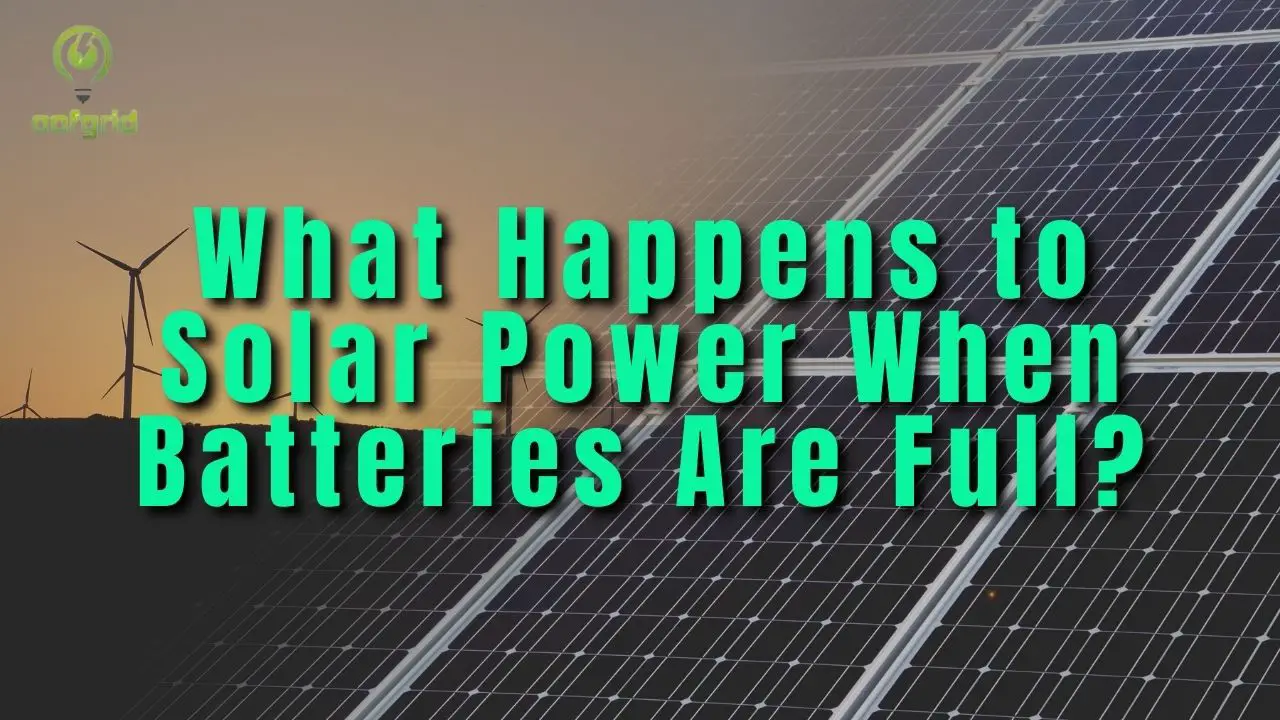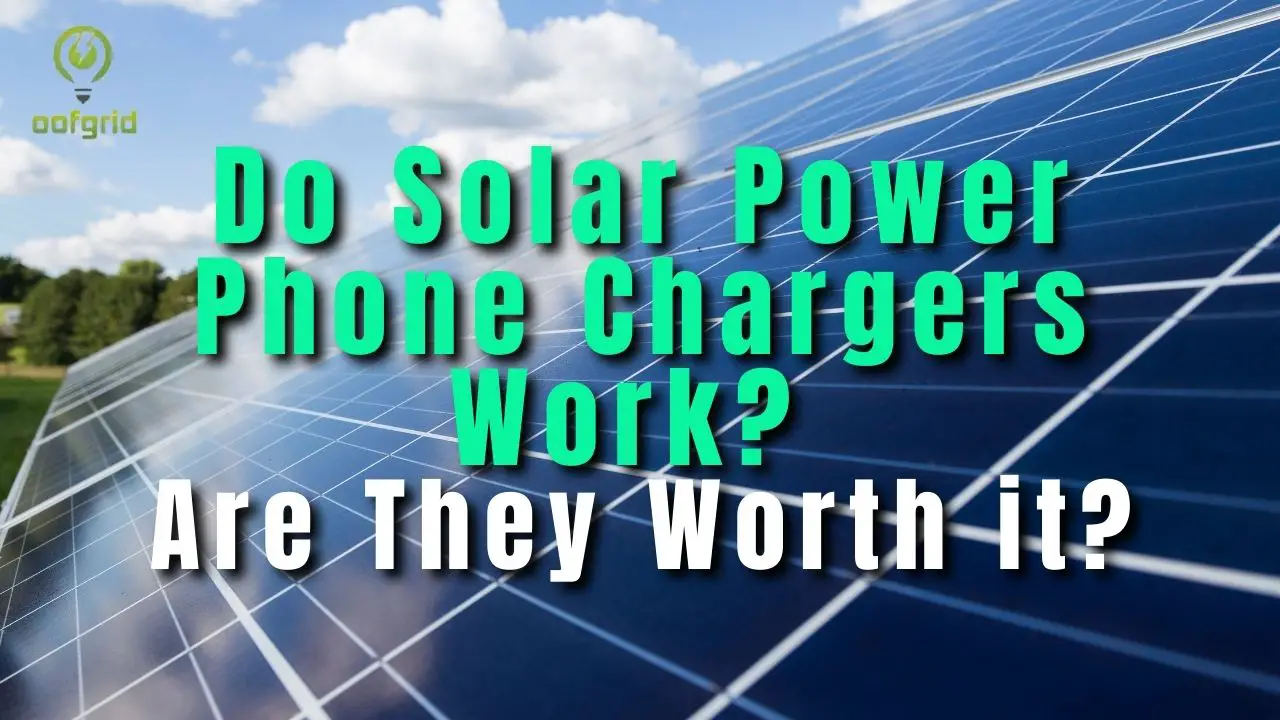My dad is a generator electrician, he has spent years working on large batteries and backup power supplies for a military base. He would come home with holes in his shirts from battery acid. As we were planning a solar set up for our Skoolie, I asked him about the dangers of batteries exploding and he said, “every battery can explode.” Well, that answers that!
Excess charge to a power bank turns into heat, too much heat can cause batteries to expand, and sometimes even explode. The ‘explosion’ is often the battery housing breaking off of the battery cells. They expand and crack the plastic that surrounds them.
A few shards of plastic housing are not a real threat to safety, but as we talked about it some more, I realized that there can be some real dangers of overcharging batteries and causing them to overheat.
Some types of batteries can be much more dangerous when they overheat.
There are two main types of batteries used in power banks.

Contents
2 Battery Types Used in Power Banks:
Can Lithium Batteries Explode?
Most power banks used for smaller electronics are usually lithium batteries. These batteries can swell when they overheat and break the housing or case around them.
These batteries are less dangerous as they do not contain the same liquid as more traditional lead-acid batteries.
Lithium batteries are degraded more quickly with heat and overcharging.
If your power bank is getting hot when you are charging it, it is not long for this world.
It should not be getting hot when you are charging it.
If you notice that your power bank is getting warm, stop using it. Heat shortens the life of all batteries, so it is important that you protect them from overheating.
Power banks may get slightly warm when charging or being used, but if you notice it is getting hot, unplug it and let it cool down.
Be sure you are using high-quality chargers and that they are the correct ones for your battery, and then monitor them for overheating.
Can Lead Acid Batteries Explode?
Lead-acid batteries are large and heavy, they are used in some portable car jumpers and some hybrid generators. They are cheaper to manufacture and easy to use, but they are less portable.
Lead-acid batteries, the type used in cars and some solar systems, can get very hot and explode in a more dangerous way. Lead-acid batteries that are overheating from overcharging can produce lots of odorless hydrogen gas which is very flammable. If a room is full of hydrogen gas it can explode in a very devastating way.
If you think that your lead acid battery bank is overheating, disconnect the power source that is causing the batteries to overheat and get away from the location. Give the batteries time to cool down and air out the area.
How do I keep a power bank from exploding?
Whichever type of battery you are using, be sure to monitor it for overheating.
Heat is the number one enemy of batteries.
If you notice any of your power banks getting hot, disconnect it from its power source and never leave it unattended when charging in the future.
A power bank that gets hot when charging is getting less and less effective each time it is charged. The heat breaks down the battery components.
If you are using your power bank and it is getting hot, stop using it. Let it cool down and check to make sure your cords are the correct type for your device and try charging it again. If it continually overheats when it is being charged, it is likely at the end of its useful life.
Why do power banks explode?
We know that power banks can explode, and they frequently do, but why do they explode and what are they releasing?
When any type of battery explodes it can release:
- Hydrogen
- Methane
- Carbon Monoxide
- Hydrofluoric Acid
These are all flammable gasses that can cause an explosion or fire if the housing of these batteries is compromised.
It is very important to always monitor your batteries when they are charging, especially when you are charging them the first few times.
My dad often tells the story of a battery bank he was building. They purchased the batteries from a company that was shutting down. It is rumored that the employees sabotaged the batteries because they were all losing their jobs.
Well, my dad was called to the battery bank and sure enough, the manufacturing defect was causing the batteries to overheat and release gas that was not only threatening to catch fire, they can also cause damage to your lungs.
My dad ran in with a shirt over his face and turned off the power. He was never one for safety precautions.
Manufacturing defects can cause catastrophic failure of your power bank, and while unlikely, explosions and fires are possible.
They explode because so much heat builds up they swell. This is the explosion in most cases, and it alerts the owner to disconnect the power supply of the battery bank.
But if a battery continues to charge after they have broken their cases, they can release sulphuric acid and other gasses. These gasses are dangerous and when inhaled they can damage your lungs. They are also capable of catching fire. They have all the components to sustain the fire.
The heat in a battery bank causes the liquid in the battery to change chemically into some powerful gasses, these gasses make the battery swell and crack the housing.
Lead-acid and Lithium batteries both contain liquid that makes the battery work and those liquids can expand when they are heated.
Can a power bank overheat?
Power banks can overheat from improper charging or from being left in a hot area. Environmental heat is more likely to cause the battery bank to become less effective and shorten its useful life.
Power banks that are charged improperly or for too long can overheat. When batteries start to overheat they should be disconnected from their power source immediately.
Batteries that get very hot each time they are charged should be replaced as soon as possible so that you do not end up stranded with a battery that no longer works.
What is the safest battery for a power bank?
If you are building a solar or other off-grid systems, it is recommended that you use lithium batteries if you have the ability. Lithium batteries are more expensive, but safer to install in an enclosed space.
We are working on converting a school bus into our family RV and we have already seen the difference with the two battery banks that we own.
We have the Anker PowerCore III Elite that contains a lithium battery. It takes a long time to charge, but it is small, easy to transport, and powered our electronics very well.
We also recently purchased this Cen-Tech Jump Starter and Power Bank, this thing is SO heavy and bulky. I think it took a similar amount of time to charge, but it was spent much more quickly.
There are many advantages to lithium over lead-acid, but lithium is much more expensive and less accessible for many.
Consider starting small and getting as much lithium as you can afford, you will have less power but it is safer and more reliable. I think the quality is worth the cost.





